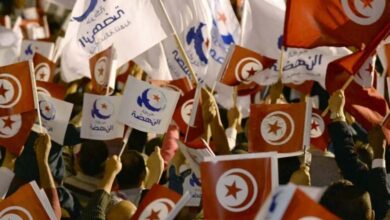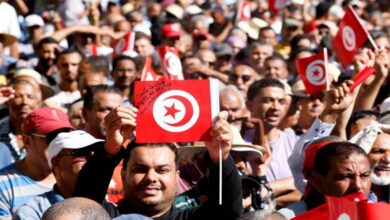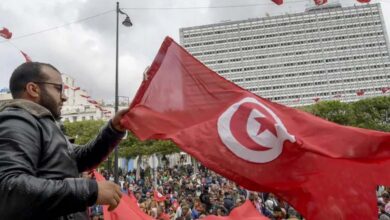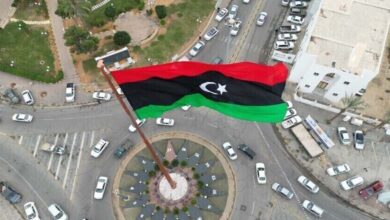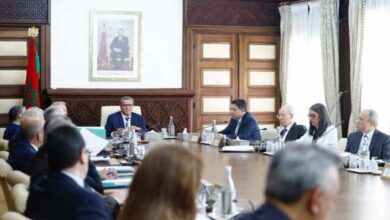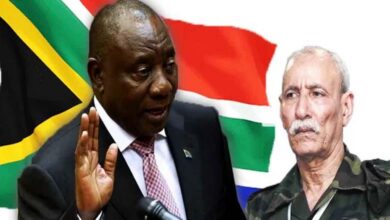Ending the era of the Muslim Brotherhood Ennahdha… Arrest of Ghannouchi and closure of terrorist movement’s headquarters
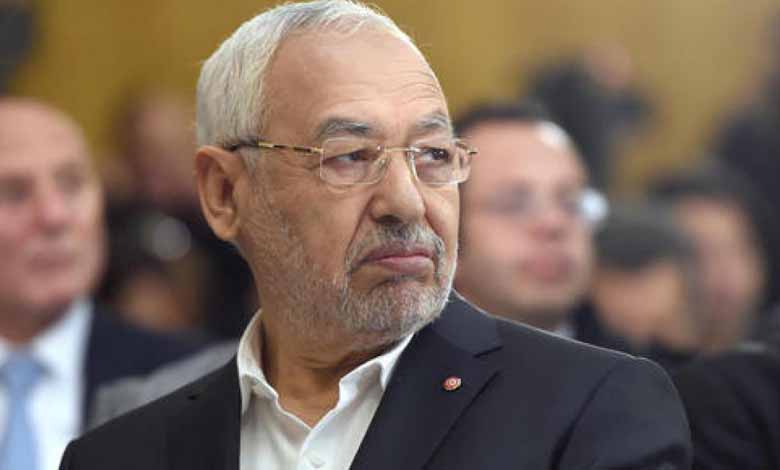
There are many developments taking place in Tunisia, the most prominent of which was the arrest of Rached Ghannouchi, the leader of the Muslim Brotherhood’s Ennahdha Movement, in order to carry out trials against him in many cases involving the leader of the Muslim Brotherhood Movement.
Arrest of Ghannouchi
An official source at the Tunisian Ministry of the Interior confirmed that a security force arrested the president of the Ennahdha Movement, Rached Ghannouchi, this evening, pursuant to the issuance of an arrest warrant by the public prosecution in the judicial sector for combating terrorism.
The official source in charge of the Tunisian Interior Ministry said in a statement to the Tunisian News Agency, TAP, that the security force searched Rached Ghannouchi’s house and confiscated all evidence of the investigations with the permission of the public prosecution in the judicial branch to combat terrorism. The security official added that Ghannouchi will remain pending investigations in a case related to the inflammatory statements he made, until the measures are taken in his regard.
Closing Ennahdha Headquarters
Security forces closed all the party’s headquarters, including its central headquarters, and prevented workers from entering, sources said.
Combating extremism
On these developments, Dr. Aguila Dabechi, President of the French Center for Strategic and International Political Studies, said that Tunisia is a democratic country that respects the sovereignty of the people, the constitution and the law. Tunisia is fighting Ennahdha because it considers it an extremist Islamist group that threatens the security and stability of the country. Tunisia seeks to disband Ennahdha, confiscate its funds, and prosecute its leaders.
In that context, the actions of the Tunisian security forces against Ennahdha President Rached Ghannouchi can be counted as part of an all-out campaign to crush the movement and bring it under the control of the authorities, she added. These actions provoke protests and criticism from Ennahdha supporters and supporters in society and the media.
The movement lost legitimacy
She pointed out that it is she who, after losing legitimacy, and losing the trust of the Tunisian and Arab street, seeks through her statements to arouse the language of grievance, and that she is an oppressed movement from oppressive regimes to restore the confidence of the street through such language in addition to the demonstrations that increase tension and conflict between the various political components in Tunisia.
The decision may have been delayed, but it came amid a greater public exposure of Ennahdha to its policies and plots. against the Tunisian people throughout the years of rule, and beyond in order to seize power.





